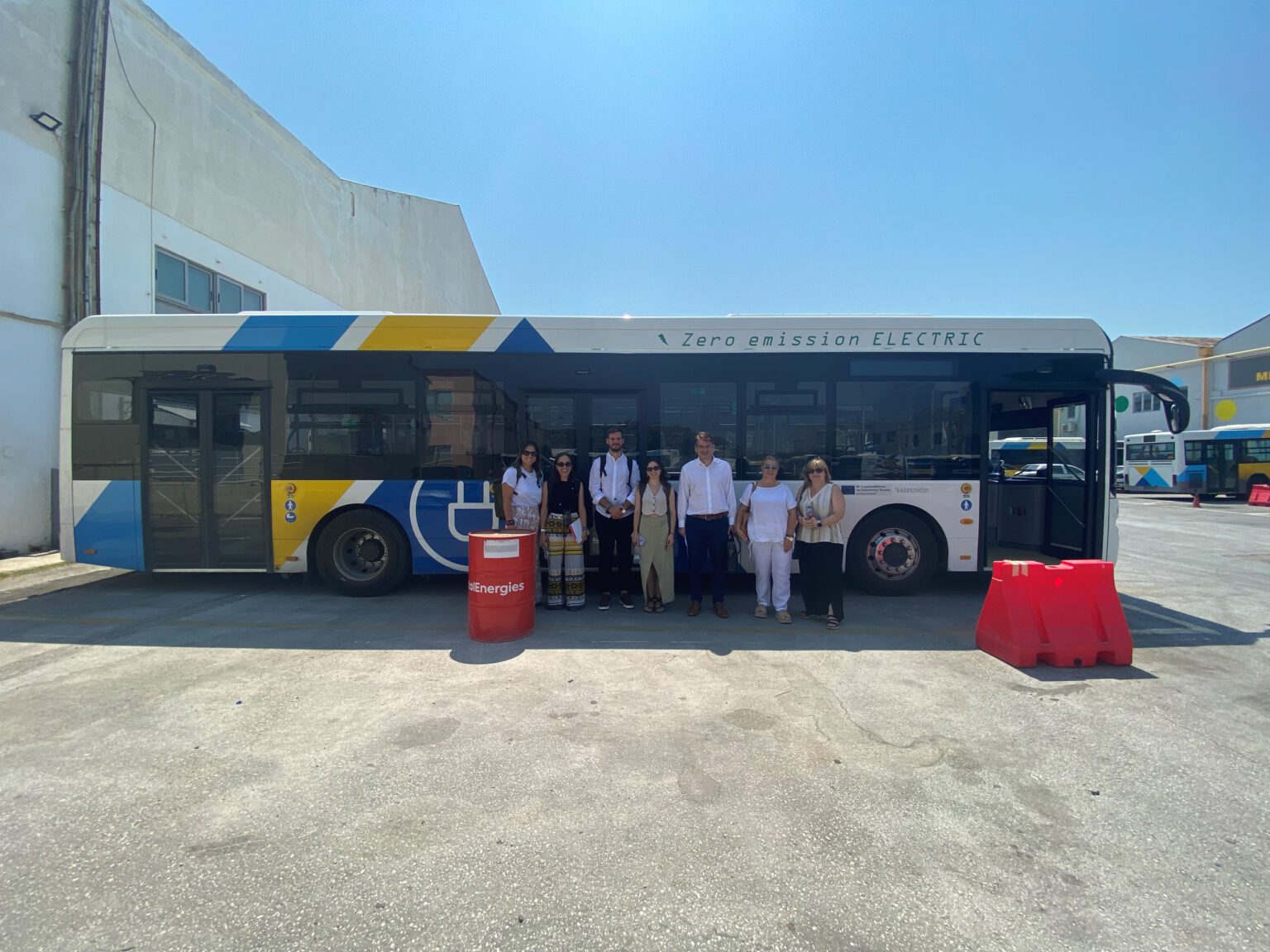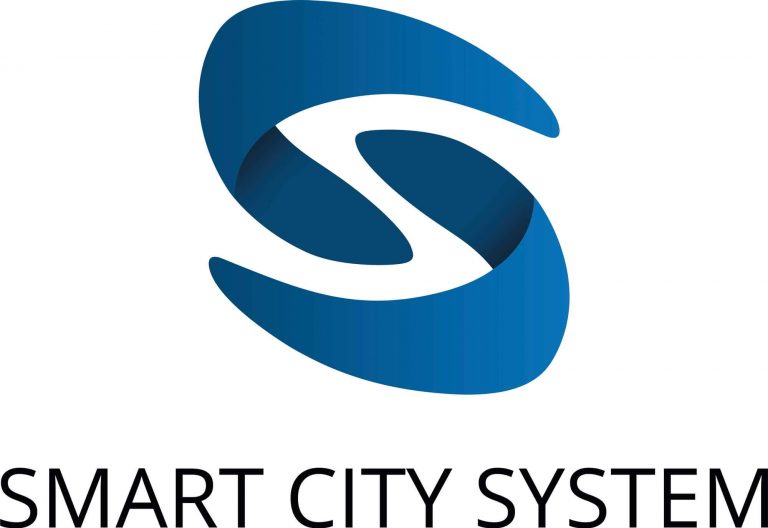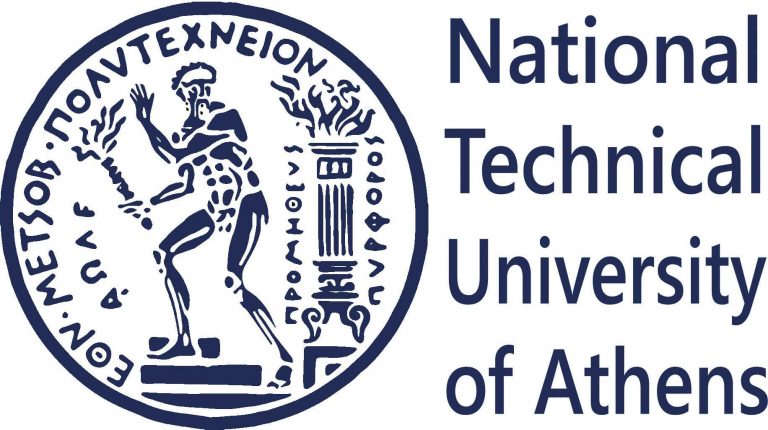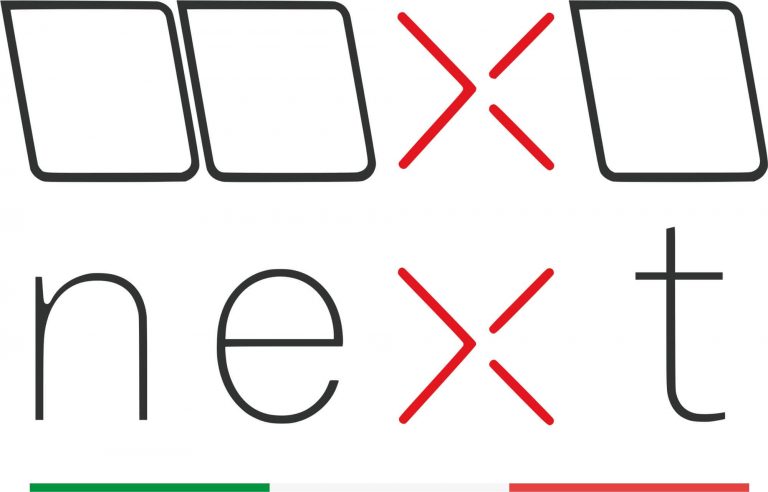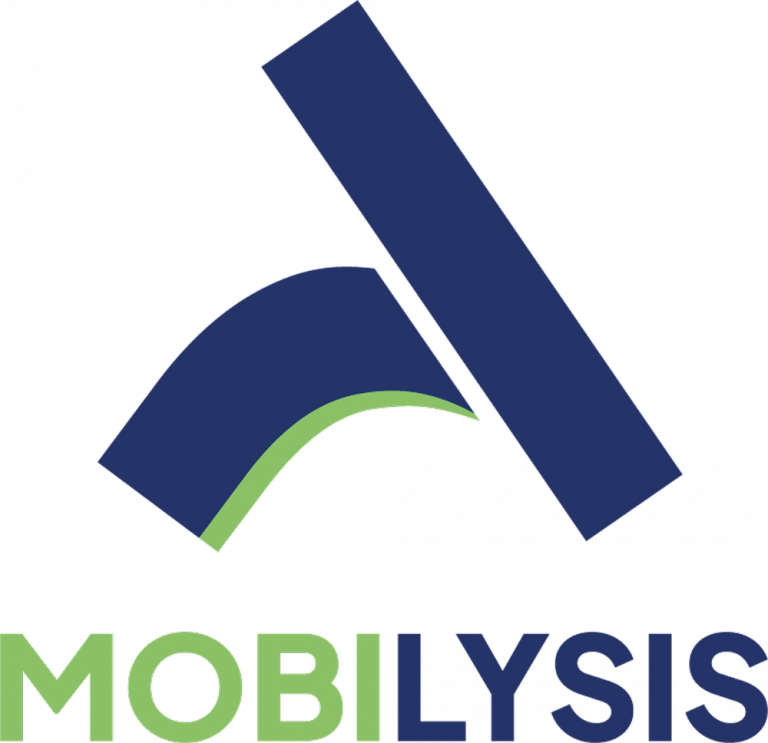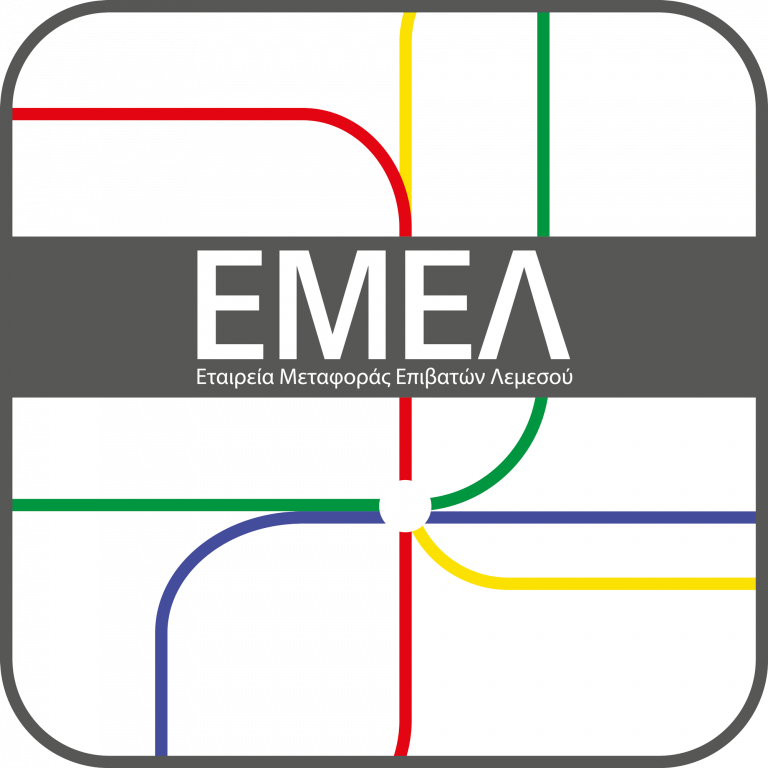Our metaCCAZE city, Athens, is accelerating its efforts toward a zero emission mobility with the recent addition of 140 new electric buses. Approximately 60 of these buses are already in daily operation, providing a cleaner and more efficient mode of transport for residents and visitors.
As part of the metaCCAZE project, the Athens Urban Transport Organisation (OASA) has purchased a first fleet of low-emission and fully electric buses. These 140 slow-charging buses are being integrated in the existing bus fleet, as network of chargers is being set up. With a range of 185 km, these buses can cover a large portion of daily routes.
Recently, the National Technical University of Athens (NTUA) who is supporting the city and OASA in this process, visited one of four terminals hosting the electric buses. During their visit, they received data from the bus operator, OSY, took a short ride on the new buses, and toured the repair facilities.
Optimising scheduling and charging Infrastructure
NTUA will develop state-of-art AI-based algorithms to assist OASA in creating optimal schedules for new e-buses. This includes planning charging times and determining the types, numbers, and locations of chargers.
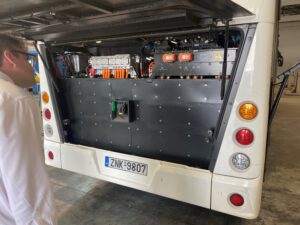
Konstantinos Gkiotsalitis, Assistant Professor at NTUA, visits the OASA bus terminal
More about metaCCAZE follower city, Athens
Athens is one of the ten Mission cities participating the metaCCAZE project. Together, they test the potential of zero emission shared mobility solutions in real and diverse urban environments. In Athens, three partner organisations—NTUA, OASA, and the state agency ANAPLASSIS—are collaborating to support the integration of electric mobility, aiming for climate neutrality by 2030.
In the project’s second phase, starting in 2025, metaCCAZE partners will introduce 100 e-buses to the city’s network. By 2026-2027, 525 slow and fast-charging stations will be included. Find out more about Athens challenges and their role in the metaCCAZE project here.
